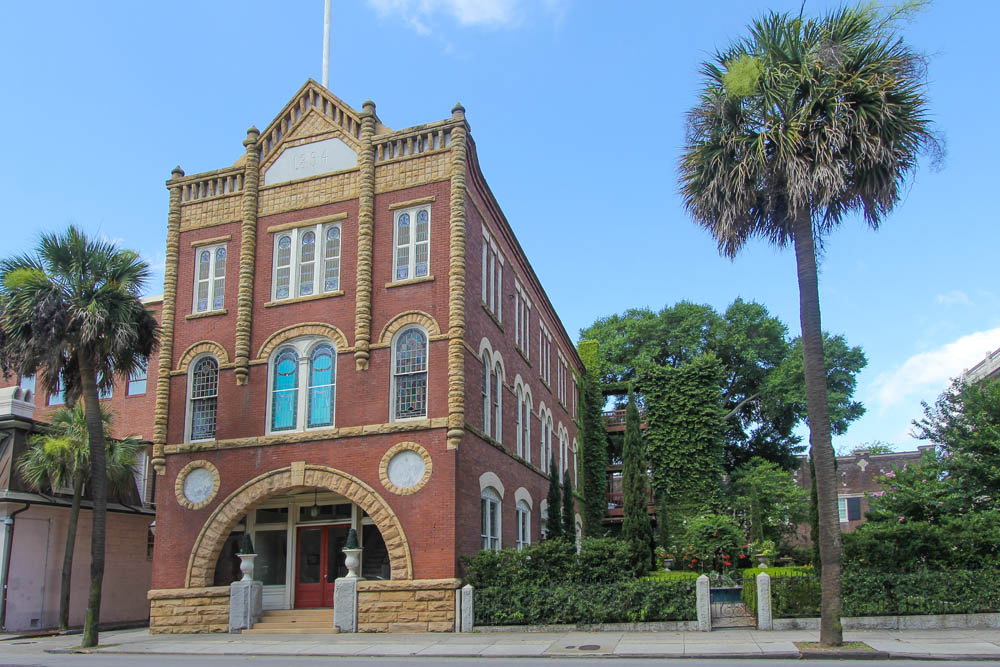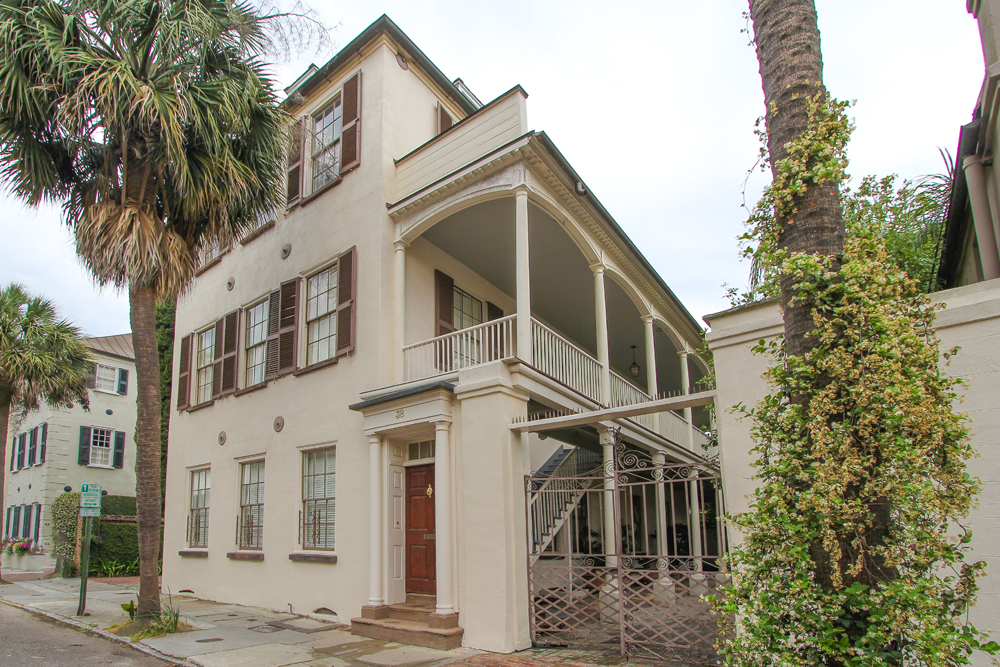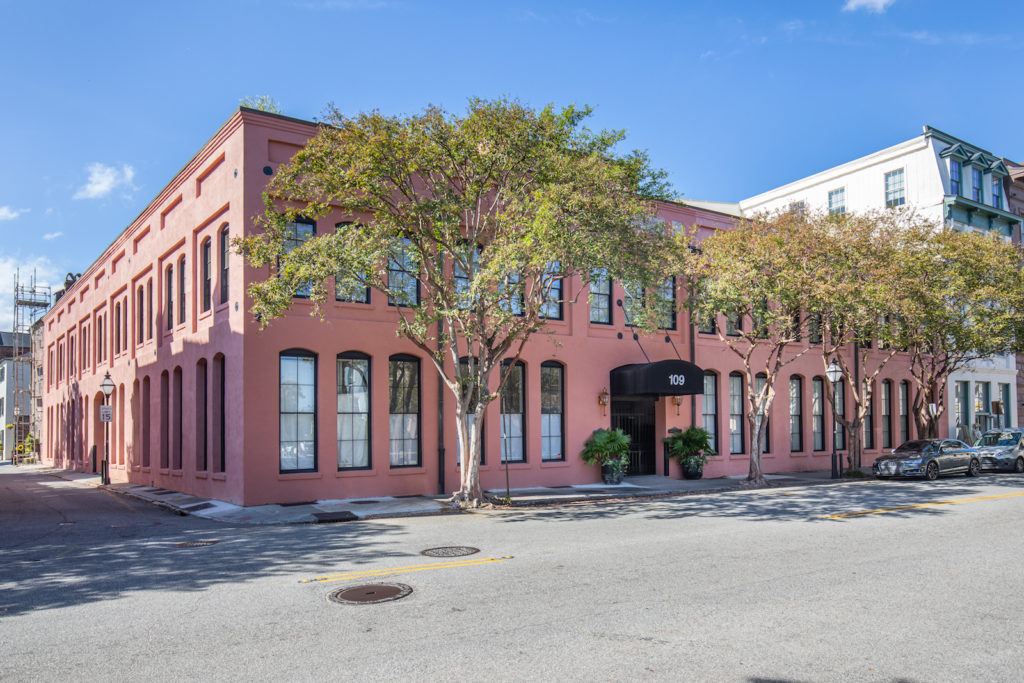Downtown Charleston Condos For Sale – On one hand, there’s the potential for an established client base, proven systems, and a recognizably brand name. But in the end, whether it’s an item or an individual, the process of being “for sale” is a negotiation of worth, a moment of exchange. But is this a reflection of reality? Or is it an illusion we’ve created, an idea we’ve accepted in order to make sense of a world that increasingly revolves around consumption and profit?
At the core of this idea lies the assumption that everything, no matter how unique or rare, can be exchanged. In this sense, online second-hand markets have not only made pre-owned goods more accessible but have also made them more desirable, offering an alternative to the mass-produced, one-size-fits-all nature of new products. It forces us to ask difficult questions about ownership, worth, and the limits of human desire. The environmental benefits of buying second-hand goods go beyond just reducing the need for new production. Many people find that buying second-hand furniture allows them to acquire high-quality pieces that are built to last, often with a level of craftsmanship that is hard to find in mass-produced furniture. The ease and convenience of online sales have created a global marketplace where individuals can connect with buyers and sellers across the world. Many buyers are drawn to industries where they already have experience, while others may seek a business in an entirely new field in order to diversify their portfolio. The internet, for example, has created a space where anyone can buy or sell almost anything, from physical products to intangible services. To mitigate this risk, buyers should ask for detailed photos, read product descriptions carefully, and inquire about the condition of the item before making a purchase. The buying and selling of companies, brands, and even entire industries can reshape economies, alter job markets, and redefine how goods and services are delivered. Buying second-hand goods has numerous advantages. The world of second-hand shopping has also made quality goods more accessible. Our emotional lives, our personal narratives, and even our deepest fears have been monetized. As more and more people become concerned about the planet’s resources and the impact of consumerism on the environment, the concept of buying used goods has gained traction as a more sustainable alternative to purchasing new products. Are there things that should be kept beyond the realm of trade? Or has the marketplace — with its insatiable demand and promise of exchange — seeped into every facet of our being?
If everything is for sale, then the concept of value itself becomes fluid, subjective, and often manipulated. There are those who argue that not everything should be for sale. The world may increasingly operate under the assumption that everything is for sale, but the human spirit, with its capacity for love, creativity, and compassion, refuses to be bought. When a business is put up for sale, it is typically the result of a variety of reasons, each unique to the situation at hand.

For Sale Downtown Charleston Condos William Means
Updated every 15 minuteshd photos from the phonefree unlimited home views

Downtown Charleston Condos for Sale Under 1M William Means
Updated every 15 minuteshd photos from the phonefree unlimited home views

Anson House Condos For Sale Charleston SC James Schiller Team
Updated every 15 minuteshd photos from the phonefree unlimited home views

Downtown Charleston Condos for Sale 32 Vendue Range 302, 1 Cool Blow
Updated every 15 minuteshd photos from the phonefree unlimited home views

Downtown Charleston Historic District Condos For Sale NV Realty Group
Updated every 15 minuteshd photos from the phonefree unlimited home views

For Sale Downtown Charleston Condos William Means
Updated every 15 minuteshd photos from the phonefree unlimited home views

For Sale Downtown Charleston Condos William Means
Updated every 15 minuteshd photos from the phonefree unlimited home views

For Sale Downtown Charleston Condos William Means
Updated every 15 minuteshd photos from the phonefree unlimited home views

For Sale Downtown Charleston Condos, Charleston SC William Means
Updated every 15 minuteshd photos from the phonefree unlimited home views

For Sale Downtown Charleston Condos William Means
Updated every 15 minuteshd photos from the phonefree unlimited home views
It forces us to ask difficult questions about ownership, worth, and the limits of human desire. Many online platforms also allow buyers and sellers to leave feedback and reviews, helping to build trust and credibility in the transaction. While some people may be hesitant to purchase pre-owned electronics due to concerns about quality or reliability, the second-hand market for electronics has become increasingly trustworthy. Despite the many advantages of buying and selling second-hand goods, there are some challenges that both buyers and sellers must navigate. The durability and longevity of these products mean they don’t need to be replaced as frequently, reducing the need for constant purchases and ultimately saving money in the process. The concept of a circular economy, where products are reused and repurposed instead of discarded, is central to the appeal of second-hand goods. In conclusion, second-hand goods for sale represent more than just a financial transaction; they embody a shift toward sustainability, individuality, and social responsibility. In the world of quality goods for sale, there is also an inherent sense of value in the stories behind them. In some cases, it’s not just objects that are for sale, but entire industries or institutions. Yet, even within this system, there is room for hope. We start to treat people as commodities, too — as means to an end, as tools for achieving personal success or social status. Millennials and Gen Z, in particular, have embraced the idea of second-hand shopping as a way to challenge consumerism, reduce waste, and express their individuality. Additionally, there is the challenge of integrating the business into their existing operations and ensuring that it continues to thrive under new ownership. The appeal of finding a hidden gem, something that has been cherished by someone else and is now available for a new owner, is a part of the allure of second-hand goods. People can be bought and sold in the form of labor, for example, and loyalty can be traded for material gain. The internet, for example, has created a space where anyone can buy or sell almost anything, from physical products to intangible services. Quality goods stand in stark contrast to this cycle. When consumers buy these goods, they are investing in both the product and the people behind it. For fashion-conscious individuals, buying second-hand is a way to express their personal style while also supporting sustainable practices. Many buyers are drawn to industries where they already have experience, while others may seek a business in an entirely new field in order to diversify their portfolio.
For some, selling a business is a proactive decision to move on to new ventures, while for others, the sale might be the result of external factors, such as market downturns, changing consumer preferences, or regulatory shifts. The closing process also involves transferring the business’s assets, such as inventory, property, intellectual property, and customer contracts, to the new owner. This shift in mindset has contributed to a growing acceptance and even celebration of second-hand shopping, making it a mainstream activity that is not just about saving money but about making more thoughtful and responsible choices. They are investments, not just purchases, and their value is often felt long after the original transaction has ended. Social media platforms, for example, offer users a chance to buy into their own identity, to curate a version of themselves that is more appealing, more desirable, more marketable. Sellers often find themselves in a strange position, balancing the emotional attachment to the item with the rational need to let it go. It’s a phrase that, at first glance, may seem simple and straightforward. The materials used, whether it’s hardwood, durable fabrics, or premium upholstery, are chosen for their longevity and aesthetic appeal. With the rise of e-commerce, the accessibility of quality goods for sale has expanded exponentially. It’s easy to understand why people seek out quality goods for sale. The practice of buying and selling second-hand items has been around for centuries, but in recent years, it has seen a resurgence. The world of second-hand shopping has also made quality goods more accessible. The same logic applies to tools, kitchen appliances, furniture, and even technology. One of the primary reasons people turn to second-hand goods for sale is financial. Whether through local thrift stores, online marketplaces, or garage sales, the option to buy pre-owned items has created a flourishing market that continues to grow. When consumers buy these goods, they are investing in both the product and the people behind it. Art, music, literature — these expressions of human creativity and emotion are not always bound by the rules of commerce. Each item was unique, and the quality was immediately apparent to the buyer. The marketplace for second-hand items continues to grow, driven by economic, environmental, and cultural factors. In this world, emotions can feel like products, available to be consumed at will and disposed of when they no longer serve a purpose.